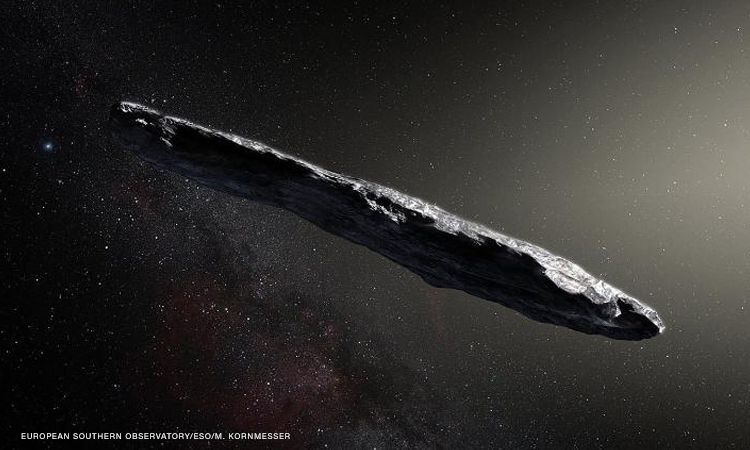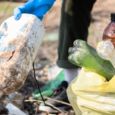Astronomers have recently identified an ‘alien’ presence in our solar system — a group of interstellar asteroids that originated from another solar system but have become a long-term visitor in ours.
(LOOK: This Phenomenal Photo of the Moon Took 72 Shots to Complete)
A new study published in the Monthly Notices of the Royal Astronomical Society explains that this group of asteroids emerged from a different star system and was probably already around when our own solar system was forming, about 4.5 billion years ago.
This, in turn, implies that at the time our solar system was forming it was likely closer to other baby star systems.
“The close proximity of the stars meant that they felt each others’ gravity much more strongly in those early days than they do today,” said Fathi Namouni, researcher at the Observatoire de la Côte d’Azur and lead study author, in a statement. “This enabled asteroids to be pulled from one star system to another.”
Namouni and Maria Helena Moreira Morais, from the Universidade Estadual Paulista, used numerical modeling to simulate our solar system at infancy to identify the location of the asteroids billions of years ago.
According to CNN, the simulation placed the asteroids moving in a perpendicular orbit to the plane where the solar system’s planets and asteroids orbit the sun. The asteroids were also very distant from the original disk where the planets formed around the sun.
This is what led the researchers to believe that the asteroids were captured from another solar system.
“The discovery of a whole population of asteroids of interstellar origin is an important step in understanding the physical and chemical similarities and differences between solar system-born and interstellar asteroids,” Morais said in a statement.
“This population will give us clues about the sun’s early birth cluster, how interstellar asteroid capture occurred, and the role that interstellar matter had in chemically enriching the solar system and shaping its evolution.”
What do you think about this?
Do you have a story for the WhenInManila.com Team? Email us at story.wheninmanila@gmail.





